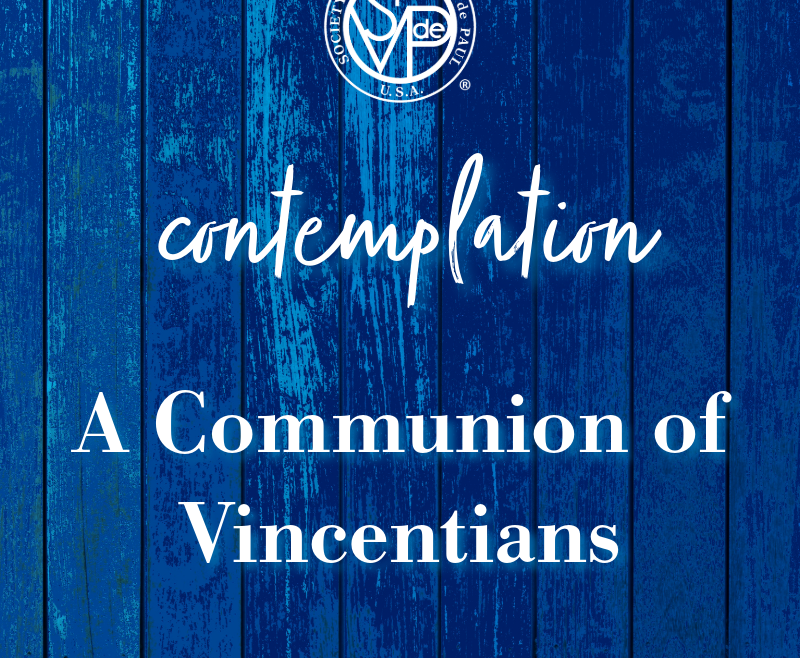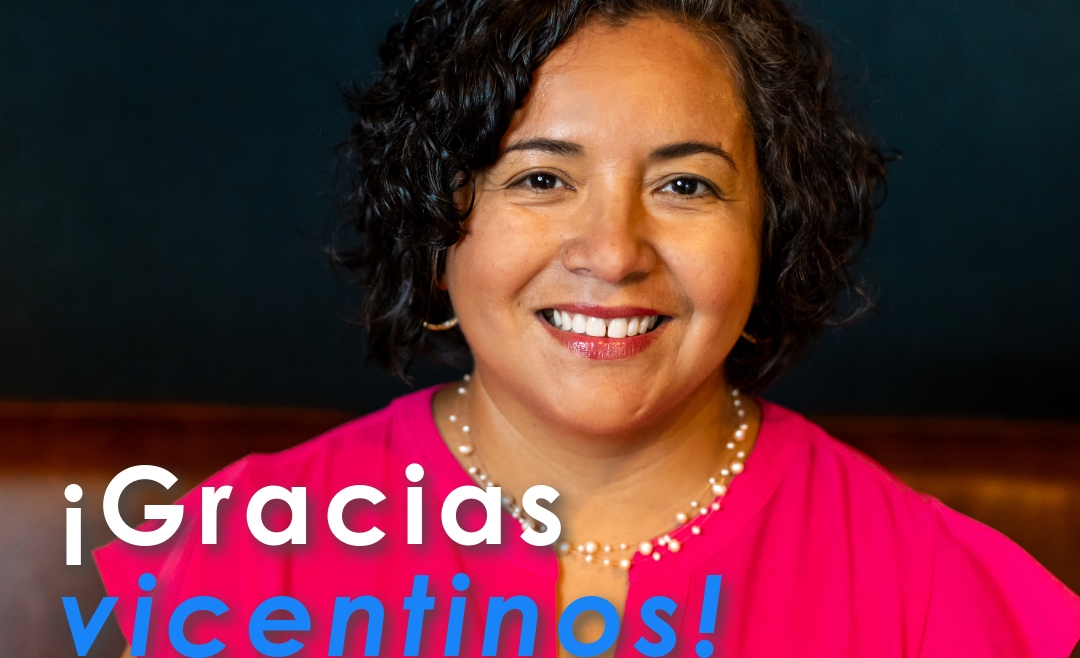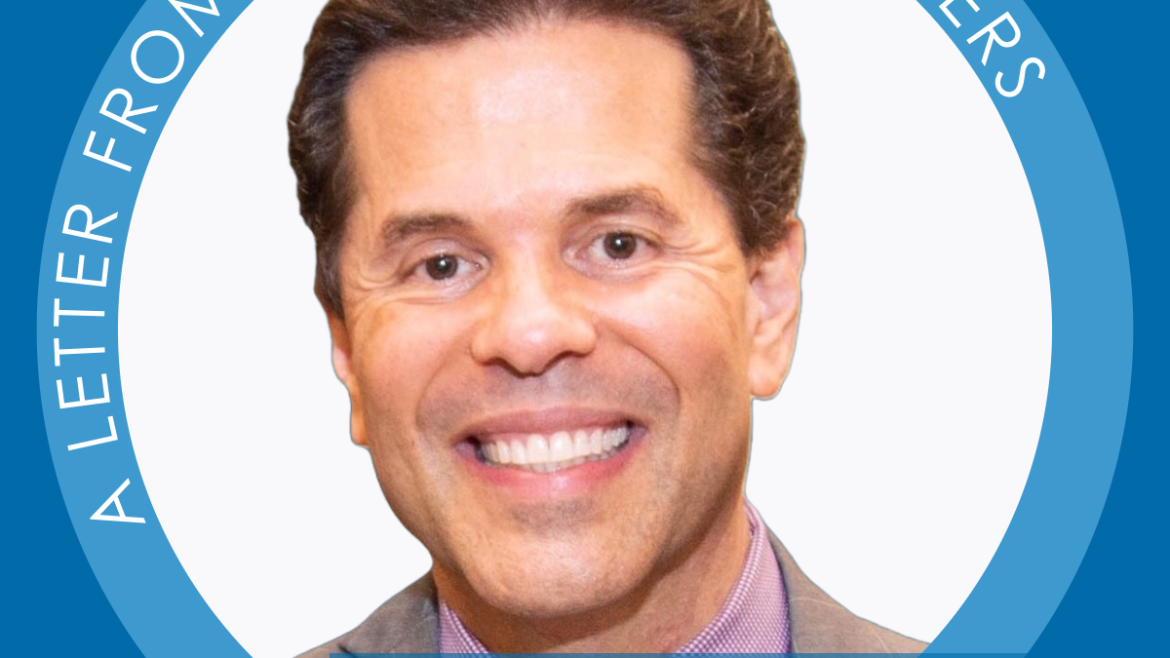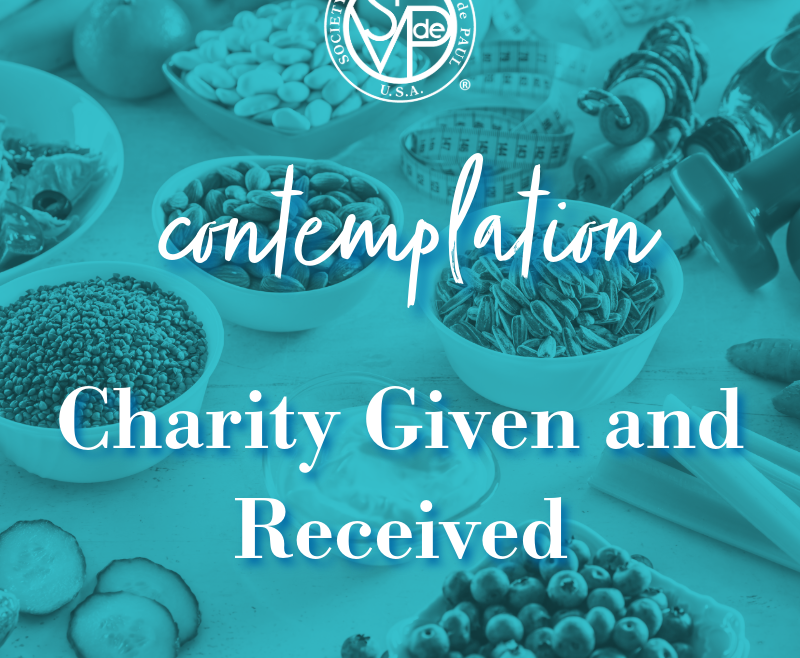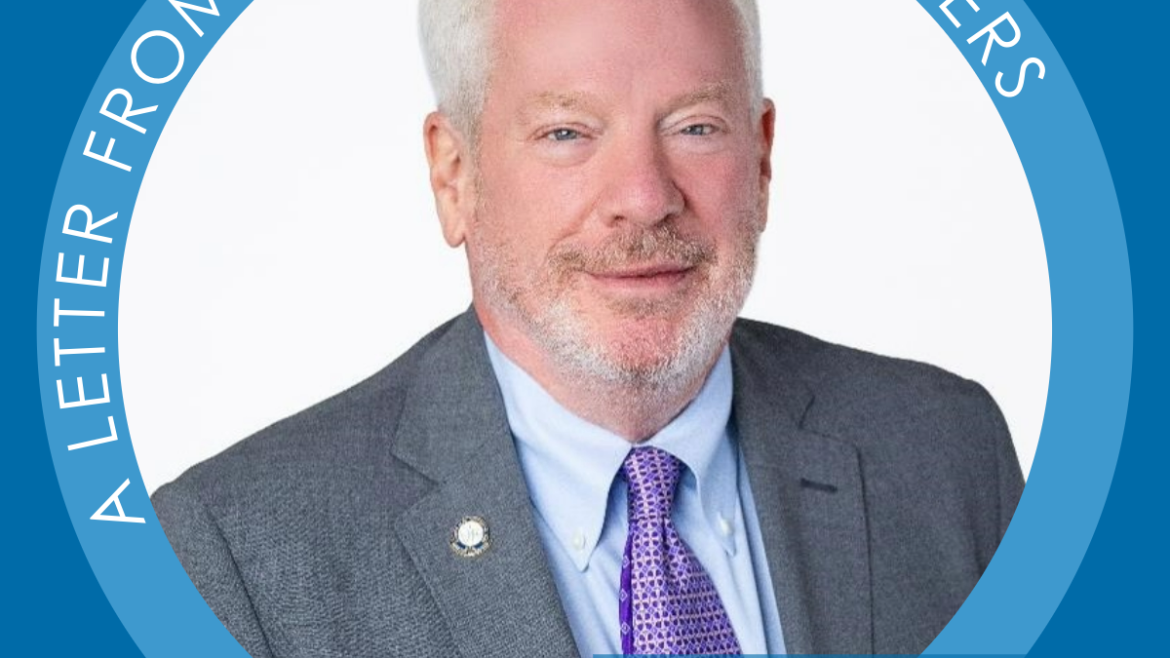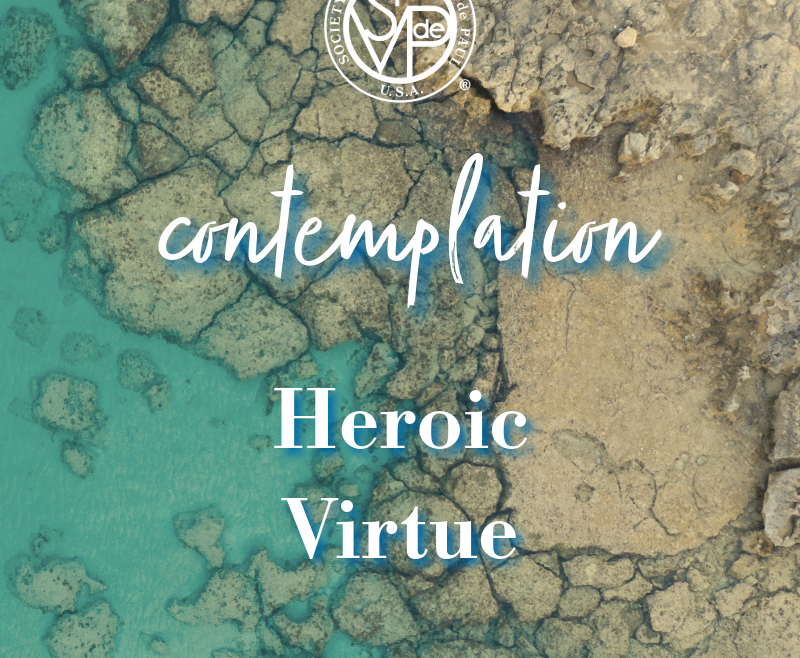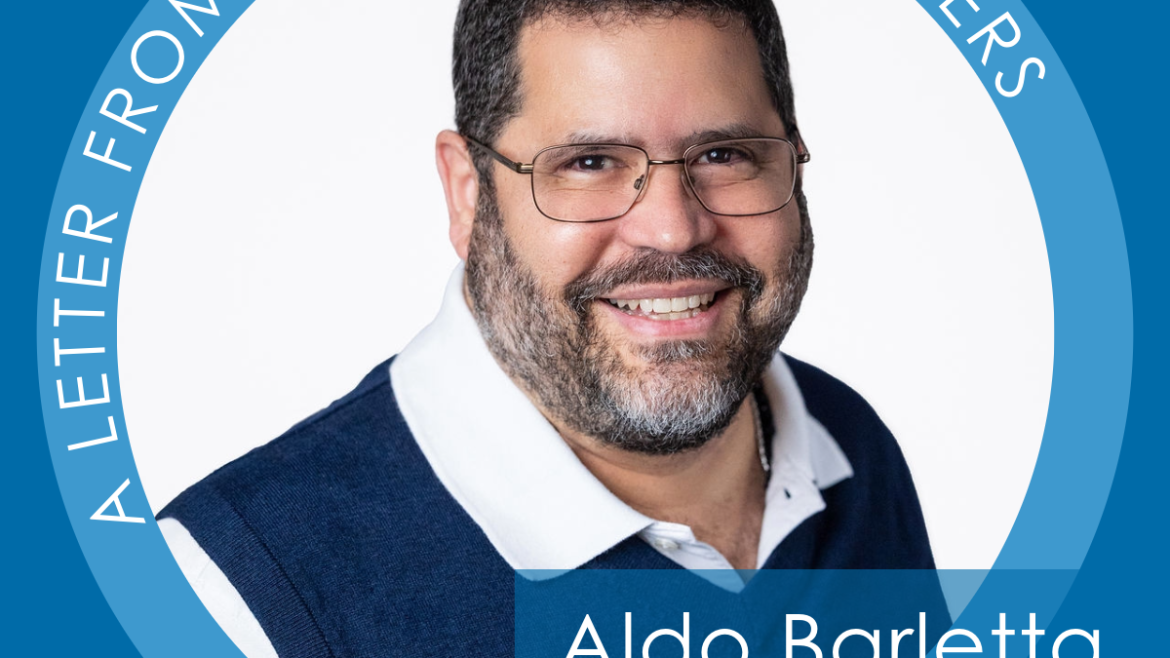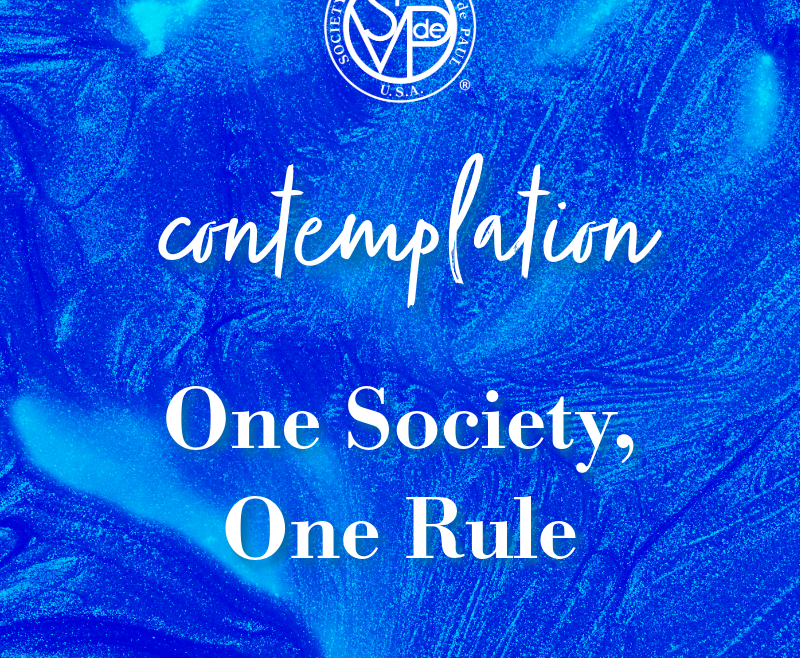By Timothy Williams, Senior Director of Formation and Leadership Development
Championship teams are often described as having a “culture of winning.” Our neighbors in generational poverty are sometimes described as living in a “culture of poverty.” Cultures are formed by shared beliefs – for the winning team, a belief that they are winners leads them to see everything they do as serving the cause of winning. A culture of poverty can form when we begin to believe that “good things are not meant for people like me,” and it becomes harder to take actions that we believe are hopeless. Beliefs drive behavior.
The Cultural Beliefs incorporated into the Rule in 2018 represent those things that all Vincentians believe, which in turn lead us to act in a certain way. Our belief in “One Society” for example, leads us to view all of our fellow Vincentians as a family with shared goals. [Rule, Part III, St. 2] Importantly, these cultural beliefs were not invented in 2018. On the contrary, they represent a set of common beliefs that go back to the founding of the Society – beliefs that move us to act as Vincentians, beliefs that make us who we are.
As the Society expanded, first by splitting the original Conference into two, and soon afterward by the founding of Conferences outside of Paris, Bl. Frédéric recognized that it was not enough for each local Conference to perform works of charity in isolation. To live our shared charism, to honor our God and our patron, it was necessary for new Conferences to “understand that their strength is in unity and that the entire uniqueness of their work lies precisely in its universality.” [182, to Lallier, 1838]
As the Society continued to grow, with new Conferences forming around the world, Frédéric emphasized that “To grow is not…important; there must at the same time be unity in proportion as the circle widens, each of its points connected with the center by unbroken spokes.” [137, to Janmot, 1836]
With members now in more than 150 countries, it remains true that ours is a community of faith that extends beyond the boundaries of each Conference, forming “a true and unique worldwide Community of Vincentian friends.” [Rule, Part I, 3.3] We recognize this with the process of aggregation, formally incorporating each Conference into the International Confederation of the Society. “Our moral strength,” as in Frédéric’s day, “comes from other conferences in Paris and the provinces. This solidarity raises us in the eyes of the world at the same time that it gives us confidence.” [137, to Lallier, 1837]
You cannot be a Vincentian without other Vincentians, for we grow in holiness together. In the same way, we cannot be Conferences without other Conferences, Councils without other Councils, and we cannot be a network of charity encircling the world in any way except together, in communion with all of our fellow Vincentians.
Contemplate
How do I stay in communion with my District, Diocesan, and National Council?

